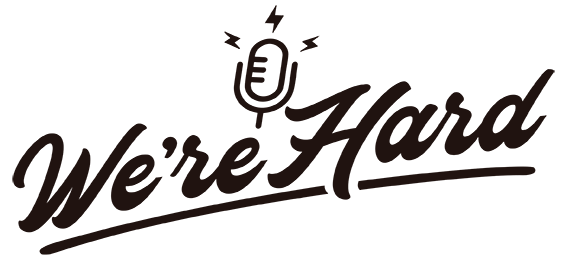Muscle recovery is a fundamental aspect of any fitness journey, whether you are an elite athlete or a casual gym-goer.
While factors like nutrition and training are well-known contributors to muscle recovery, one often overlooked yet critical element is sleep. Let’s explore the relationship between sleep and muscle recovery and delve into sleep’s vital role in this process.
Does sleep help muscle recovery?
The link between sleep and muscle recovery is undeniable. During deep sleep, the body enters a state of repair and regeneration, aiding in the recovery of damaged muscle tissue. This is when the body releases growth hormone, a key player in muscle growth. Additionally, sleep is when the body’s inflammatory response is downregulated, reducing inflammation in muscle tissue and promoting healing.
What is the role of sleep in muscle recovery?
During deep sleep, our bodies release essential growth hormones (human growth hormone and testosterone). These hormones are instrumental in repairing and rebuilding muscle tissues that have been broken down during exercise. Without sufficient sleep, the production of these hormones can be disrupted, hindering the body’s ability to recover effectively.
Sleep is crucial for muscle glycogen replenishment. Glycogen is the primary energy giver for muscles, and after a strenuous workout, these stores become depleted. During sleep, the body prioritizes replenishing glycogen stores, ensuring muscles have the energy they need for future workouts.
What happens if I don’t get enough sleep?
Inadequate sleep can also lead to increased cortisol levels, a stress hormone that can break down muscle tissue and inhibit recovery. It can also decrease insulin sensitivity, hindering the body’s ability to utilize nutrients for muscle repair.
In conclusion, sleep should be considered a crucial component of any fitness regimen. Aim for 7-9 hours of quality sleep each night to optimize muscle recovery, reduce the risks of injury, and maximize the benefits of your hard work in the gym.

Hi! My name is Kimmy B, I am the co-host of the We’reHard podcast. I have a passion for fitness, nutrition and a healthy lifestyle. I’ve always loved working out and staying active but recently found my groove in the fitness industry.
